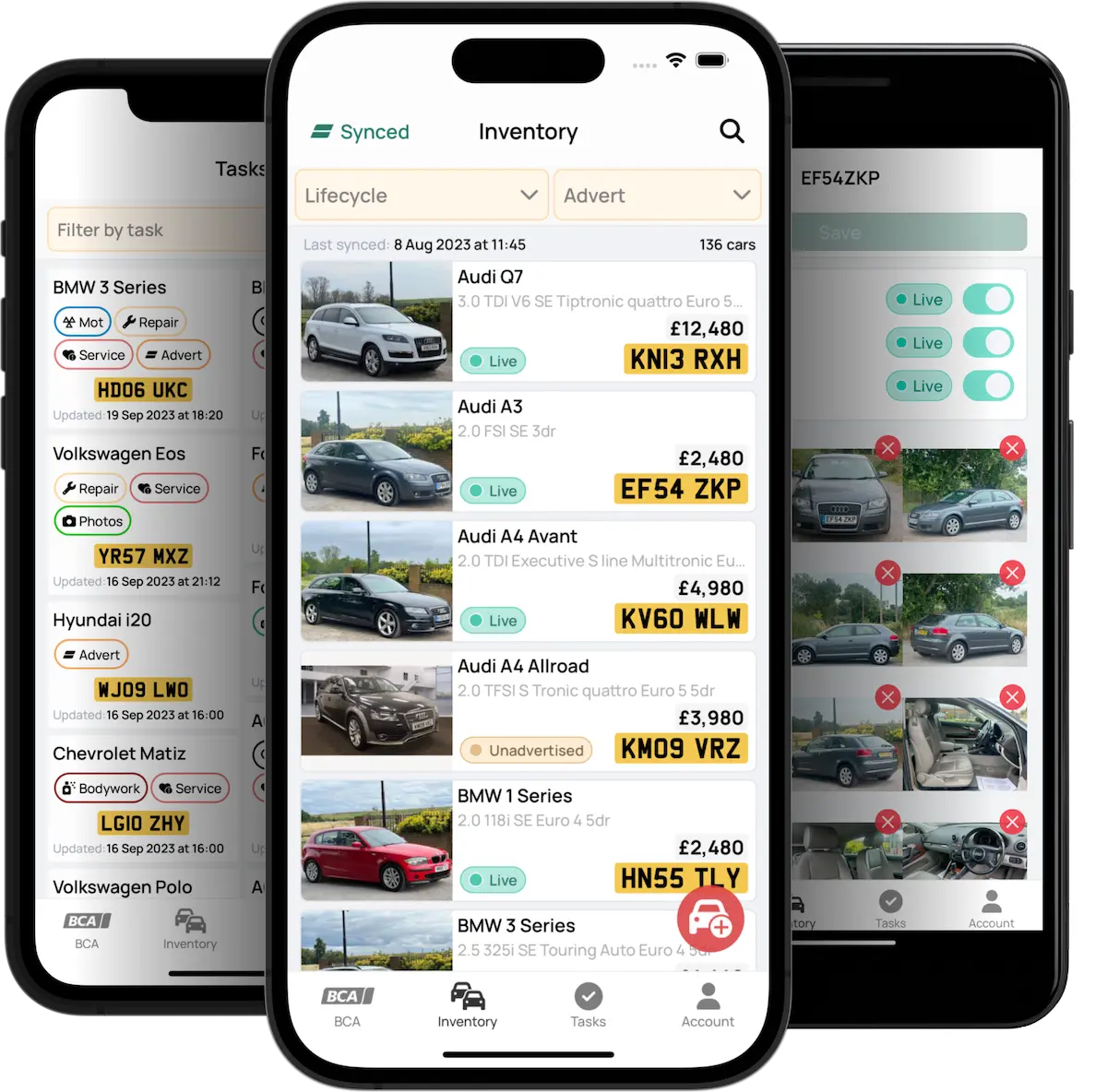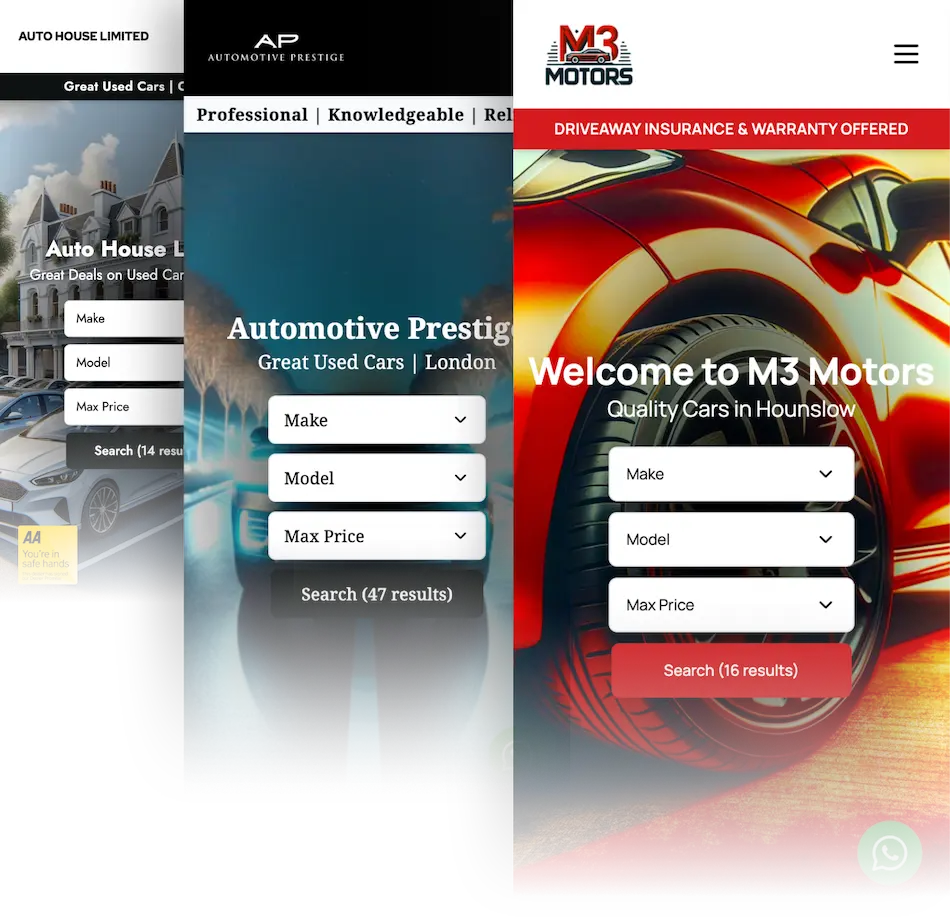Strategies for Effective Waste Management in Dealerships
Last updated: 19th February, 2024
As part of their overall operations, car dealerships generate a significant amount of waste. This can include materials like packaging from new vehicle deliveries, broken or damaged components from repair services, and various other items. Properly managing this waste is crucial to maintaining a clean and safe work environment, reducing environmental impact, and meeting regulatory requirements.
Implementing Sustainable Practices
DealerPal encourages dealerships to adopt sustainable practices in their waste management strategies. This can be achieved by implementing recycling programs for paper, plastic, and metal materials, as well as segregating organic waste from non-organic waste for proper composting or disposal. Additionally, using eco-friendly products for cleaning and maintenance purposes can significantly reduce the overall environmental footprint of a dealership.
Minimizing Waste Generation
Reducing the amount of waste generated in the first place is another key strategy. Dealerships can achieve this by adopting lean manufacturing techniques to minimize packaging waste, using reusable containers instead of disposable ones, and implementing repair services that focus on extending the life of vehicles rather than replacing components unnecessarily. By minimizing waste generation, dealerships can significantly reduce their environmental impact.
Ensuring Proper Disposal
When it comes to disposing of waste that cannot be recycled or minimized, it is essential to ensure that it is done in an environmentally responsible manner. DealerPal recommends that dealerships partner with local waste management companies that adhere to the latest environmental regulations and guidelines. This can help reduce the risk of pollution, contamination, and other negative environmental consequences.
Save 10+ hours per week with our DMS

Sell more with our SEO-mastered retail websites

Branding that'll set you apart from the competition








